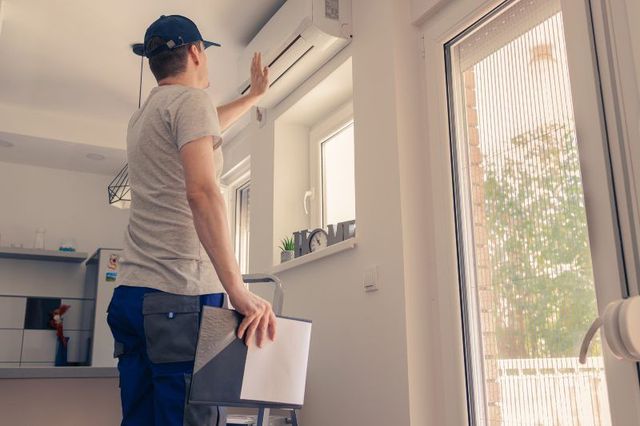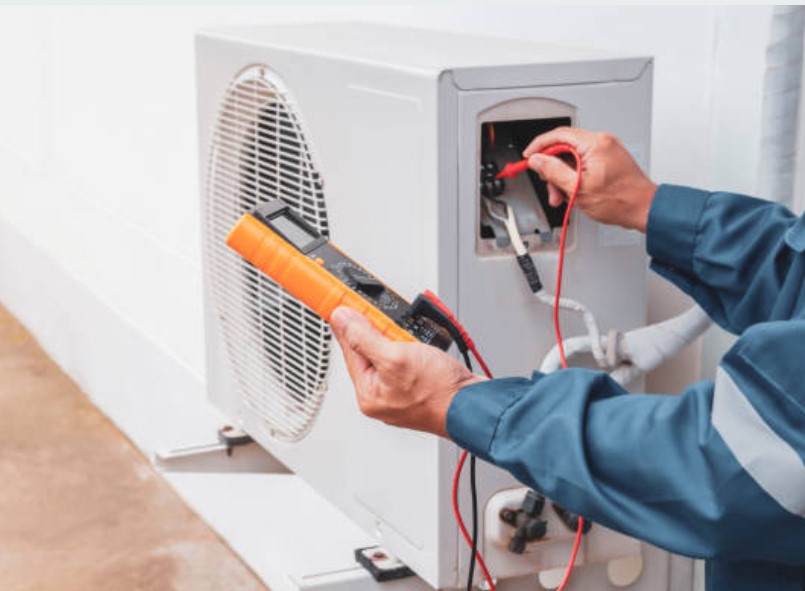If you’ve ever noticed a foul odor wafting through your home or business, originating from your vents, you’re certainly not alone. Many homeowners and business owners face the issue of smelly vents, which can be both unpleasant and indicative of underlying problems. Understanding and fixing smelly vents symptoms is essential for maintaining a healthy and comfortable indoor environment. In this article, we’ll explore the common causes of smelly vents, how to identify the symptoms, and the steps you can take to resolve these issues.
One of the first steps in fixing smelly vents symptoms is to recognize the signs that your vents may be the source of the odor. This often includes a persistent musty or moldy smell, which can be quite unsettling. These odors can stem from various issues, including mold growth, blocked ducts, or even a malfunctioning HVAC system. By addressing these symptoms early on, you can prevent more significant problems from developing and ensure your living or working space remains fresh and inviting.

Common Causes of Smelly Vents
Mold and Mildew Growth
Mold and mildew are among the most common culprits behind smelly vents. These fungi thrive in damp, dark environments, making your HVAC system an ideal breeding ground. When moisture accumulates in your ducts, it creates the perfect conditions for mold and mildew to flourish. To combat this issue, it’s crucial to keep your HVAC system well-maintained and address any leaks or excess moisture promptly.
Clogged Air Filters
Another frequent cause of smelly vents is clogged air filters. Over time, dirt, dust, and debris can accumulate in your air filters, leading to restricted airflow and unpleasant odors. Regularly changing your air filters can help prevent these issues and ensure your HVAC system functions efficiently.
Poor Ventilation
Inadequate ventilation can also contribute to foul odors in your home or business. Without proper airflow, stale air can become trapped, leading to a musty smell. Improving ventilation by opening windows, using exhaust fans, or installing air purifiers can help alleviate this problem.
Identifying Smelly Vent Symptoms
Recognizing Odor Types
Identifying the type of odor coming from your vents can provide valuable clues about the underlying issue. For example, a musty smell often indicates mold or mildew growth, while a burning odor may be a sign of an electrical problem. By recognizing these odor types, you can take the appropriate steps to address the issue.
Monitoring Air Quality
Regularly monitoring your indoor air quality can help you detect smelly vent symptoms early on. Investing in an air quality monitor can provide real-time data on pollutants, humidity levels, and more, allowing you to take action before problems escalate.
Steps to Fix Smelly Vents
Cleaning and Maintenance
Routine cleaning and maintenance of your HVAC system are crucial for preventing and fixing smelly vents symptoms. This includes regularly changing air filters, cleaning ducts, and ensuring your system is in good working order. For detailed guidance on safe removal of mold from HVAC systems, you can refer to this guide.
Professional Inspections
If you’re unable to resolve the issue on your own, it may be time to call in a professional. HVAC technicians can perform thorough inspections, identify the root cause of the odor, and recommend appropriate solutions. For more insights on maintenance tips, check out this resource.
Improving Ventilation
Enhancing your home’s ventilation can significantly reduce odors from smelly vents. Consider installing exhaust fans, using air purifiers, or opening windows to allow fresh air to circulate. You can find DIY tips for preventing odors in ducts here.
Sealing Leaks
Air leaks in your ducts can lead to poor ventilation and smelly vents. Sealing these leaks can improve airflow and prevent odors from escaping into your home. For more on what causes these odors, visit this page.
Regular HVAC Maintenance
Scheduling regular maintenance for your HVAC system can prevent issues like smelly vents from arising in the first place. Technicians can perform routine checks, clean components, and address any potential problems before they escalate.
Preventing Smelly Vents in the Future
Maintaining Cleanliness
Keeping your home or business clean is essential for preventing smelly vents. Regular cleaning reduces the buildup of dust, dirt, and debris that can contribute to odors. Focus on areas like kitchens, bathrooms, and laundry rooms, where moisture and odors are more likely to accumulate.
Controlling Humidity Levels
High humidity levels can promote mold growth and lead to smelly vents. Use dehumidifiers to maintain optimal humidity levels in your home or business, especially during the summer months when humidity tends to be higher. For more solutions on fixing smelly vents, check out this page.
Regular Filter Replacement
As mentioned earlier, regularly replacing your air filters is crucial for preventing smelly vents. Set a reminder to check and change your filters every 1-3 months, depending on your system’s requirements and usage.
Routine Duct Cleaning
Scheduling routine duct cleaning can help prevent the accumulation of dust, dirt, and allergens that can lead to odors. Professional duct cleaning services can ensure your system operates efficiently and your indoor air remains fresh.
Conclusion
In conclusion, fixing smelly vents symptoms is crucial for maintaining a healthy and comfortable indoor environment. By understanding the common causes of smelly vents, recognizing the symptoms, and taking proactive steps to address these issues, you can ensure your home or business remains fresh and inviting. Regular maintenance, proper ventilation, and cleanliness are key factors in preventing smelly vents and promoting a pleasant indoor atmosphere.

Frequently Asked Questions
Why do my vents smell musty?
Musty odors often indicate mold or mildew growth in your HVAC system. This can occur due to excess moisture, poor ventilation, or dirty air filters. Addressing these issues can help eliminate the odor.
How can I improve my indoor air quality?
Improving indoor air quality involves regular cleaning, proper ventilation, and routine maintenance of your HVAC system. Consider using air purifiers and regularly changing air filters to enhance air quality.
When should I call a professional for smelly vents?
If you’ve tried DIY solutions and the odor persists, it’s best to call a professional HVAC technician. They can perform a thorough inspection, identify the root cause, and recommend appropriate solutions. For more insights, you can visit this blog.
This article contains affiliate links. We may earn a commission at no extra cost to you.